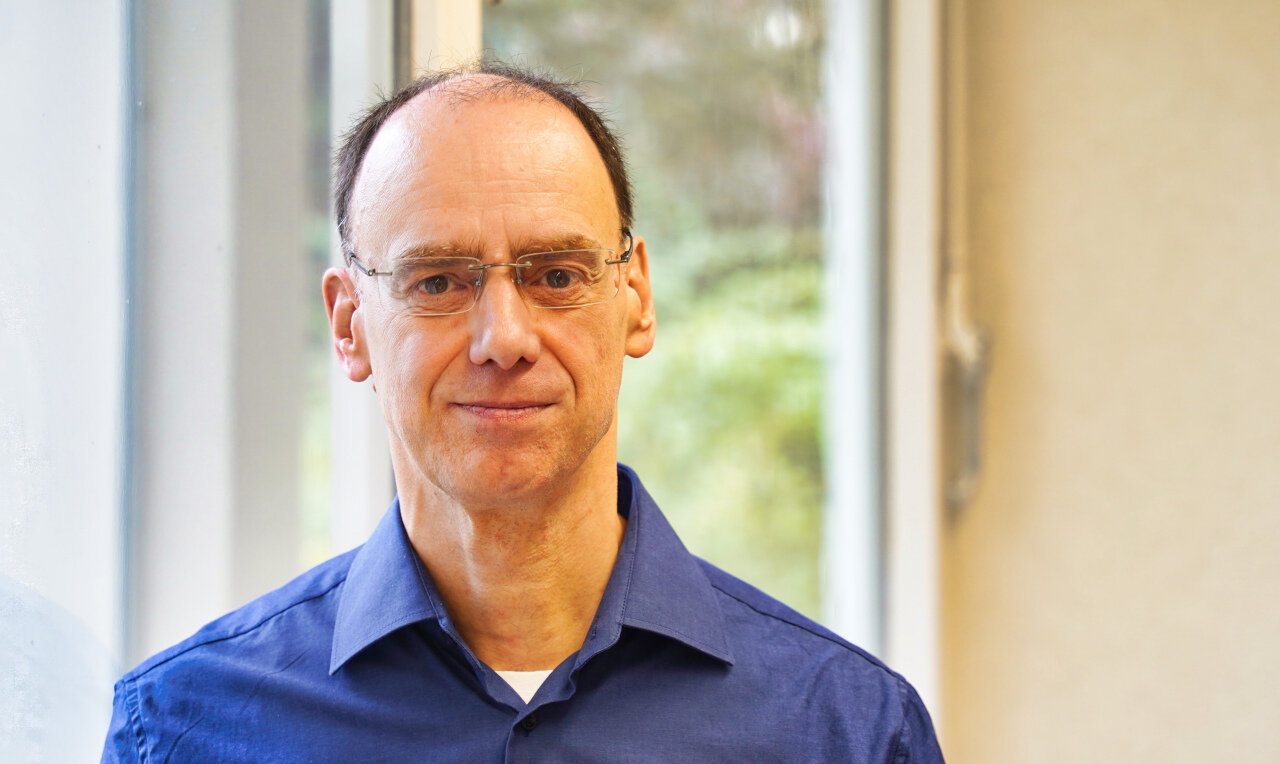INSTAGT
Individual socio-technical arrangments for the social participation of people with cognitive impairments
With the aim of promoting the participation of people with cognitive impairments, this project is linked directly to the United Nations Convention on the Rights of Persons with Disabilities (UN CRPD). Particular attention is focussed on the current rapid development of new technologies through which, on the one hand, progress will open up significant opportunities for the dismantling of social barriers and thus ensure more individual participation in areas of civic, political, economic, social and cultural life.

On the other hand, people with cognitive impairments - especially people with so-called mental disabilities - belong to a group of people who, for various reasons, have the least favourable conditions for using and benefitting from the opportunities of digitalisation. This means that there is a high risk that this group of people will be disadvantaged and left behind as a result of the digital divide.
The aim of InstAgT is to develop strategies and practical organisational solutions enabling people with disabilities, their relatives and their carers to adopt new technologies in individual socio-technical arrangements. This will then lead to improved independence and self-determination with respect to participation in life and in society for people with cognitive functional impairments (especially so-called mental disabilities).
A participatory and interdisciplinary research approach has been chosen for this purpose. The project is currently being carried out in cooperation with Furtwangen University of Applied Sciences and Karlsruhe University of Applied Sciences as well as with practical partners from the field of disability care.
The project will be carried out in four overlapping phases.
- In conjunction with people with cognitive impairments, barriers to accessing digital content and participating in the increasingly digitalised society will be identified. Appropriate solutions for the use of future technologies contributing to the promotion of social participation will then be developed. Following this, suitable socio-technical arrangements will be determined and tested with the people concerned as well as with their professional caregivers.
- In the second phase, people with disabilities and their carers will be accompanied in a case study format to implement individual socio-technical arrangements for the promotion of social participation. For this purpose, suitable technical solutions will be identified, adapted, and then tested in a participatory manner. The use of the technology can then be evaluated and the effects on the specific participation situation examined.
- In the third phase of the project, the change processes and suitable measures for the institutional level will be examined and characterised. This stage is necessary to sustainably anchor digital inclusion at the institutional level.
- The aim of the fourth project phase is the sustainable transfer of knowledge to the wider community, e.g., through practice guidelines and recommendations as well as through the establishment of a web portal, which will be designed and implemented as a social learning platform.
The project will run for four years and is funded by the Federal Ministry of Education and Research (BMBF).
Project lead
Prof. Dr. Gregor Renner - gregor.renner@kh-freiburg.de
Project partner (internal)
Prof. Dr. Florian Kiuppis - florian.kiuppis@kh-freiburg.de
Research associates
Verena Wahl, M.A.
Laura-Denise Löwe, M.A.
Theresa Etges, M.A.
Project partner (external)
Prof. Dr. Christophe Kunze
Prof. Dr. Matthias Wölfel
Practice partners
St. Josefshaus Herten gGmbH
Lebens- und Arbeitsgemeinschaft Lautenbach e.V.
Caritasverband Freiburg-Stadt e.V.
Caritas Bundesverband Behindertenhilfe und Psychiatrie e.V.
Project duration
2019 - 2024
Any questions? Don't hesitate to contact us!

